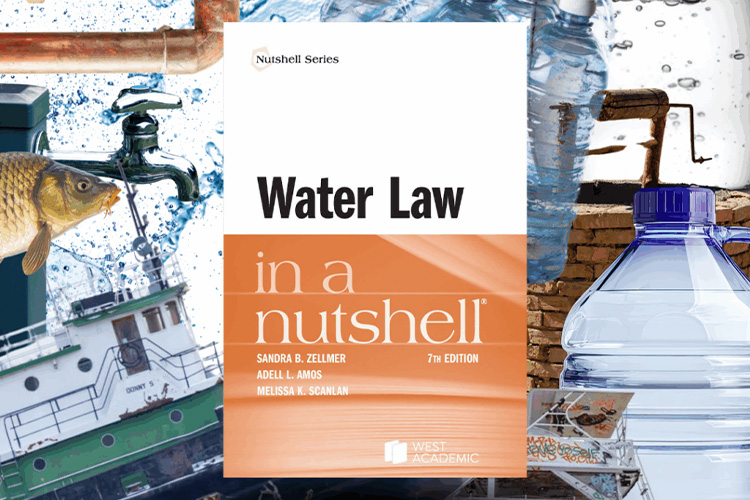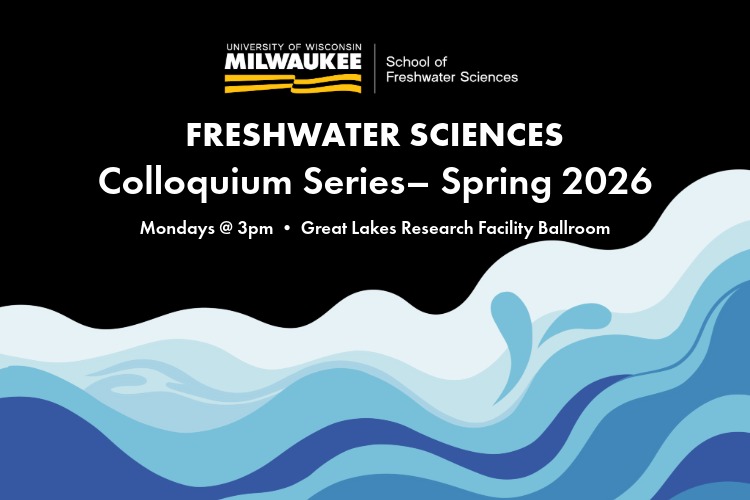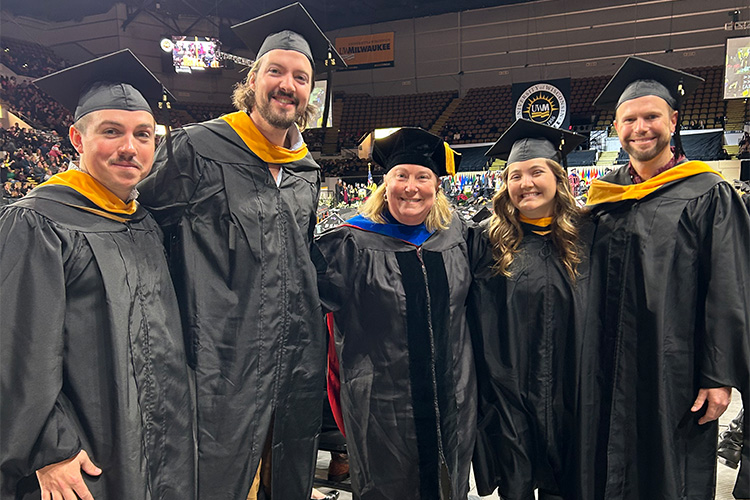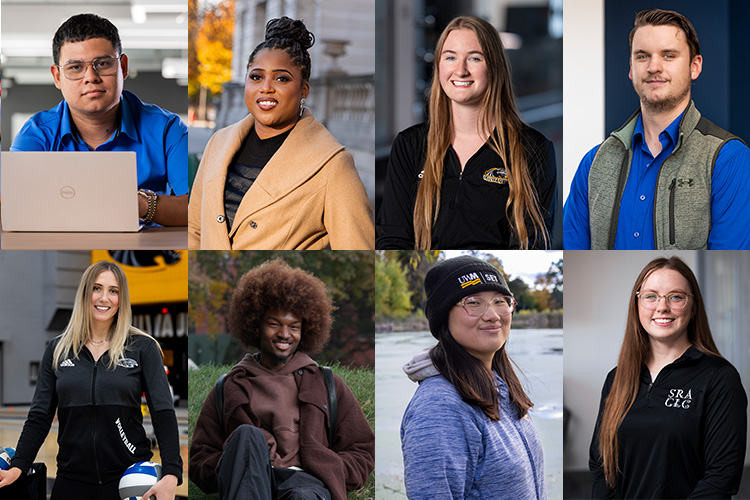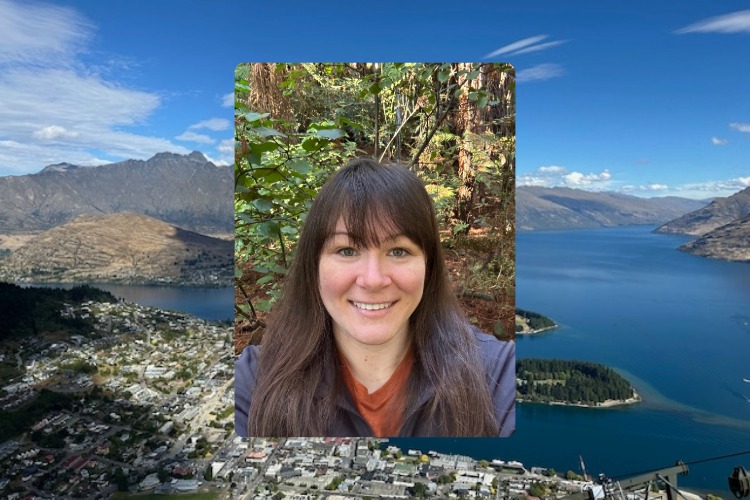- Center for Water Policy director Melissa Scanlan co-authors “Water Law in a Nutshell”Center for Water Policy Director, Professor, and Lynde B. Uihlein Endowed Chair Melissa Scanlan co-authored the 7th edition of “Water Law in a Nutshell,” published by West Academic. This newest edition, co-authored …
- Freshwater Colloquium Series – Spring 2026The School of Freshwater Sciences' Freshwater Colloquium creates a platform for students, faculty and scientists to discuss their research and emergent issues related to freshwater resources. Presentations …
- Congrats, Class of 2025!We celebrated another semester of graduates at commencement on Sunday, December 22 at the UWM Panther Arena. Congratulations to all of our newest alumni! Best wishes in …
- Undergraduate student featured in Fall 2025 commencement videoFreshwater Sciences student Jena Choi was featured in the UWM Class of 2025's commencement video, highlighting their academic careers and what's next. Jena earned her B.S. in …
- Making Waves Worldwide with Maggie ArmstrongHow one professional master's alum turned her degree into a global science adventure. From Wisconsin to New Zealand, professional master's alum Maggie Armstrong has followed the current …
- 11 Freshwater courses to sink into this springIt seems like the Fall 2025 semester just began, but it’s time again to start thinking about the spring semester and what classes you’ll take. Looking to …
- Dr. Ryan Newton recognized at annual Employee Excellence AwardsOur own Dr. Ryan Newton was among 24 University of Wisconsin-Milwaukee employees recognized for their devotion to the UWM community. Chia Youyee Vang, vice chancellor for community …
- Chicago Tribune: Surging number of data centers around the Great Lakes could lead to water shortagesData centers require massive volumes of water to operate, and the growing use of artificial intelligence means more of these centers are popping up in water-abundant regions …
- Freshwater Colloquium Series – Fall 2025The School of Freshwater Sciences' Freshwater Colloquium creates a platform for students, faculty and scientists to discuss their research and emergent issues related to freshwater resources. Presentations …
- Developing a faster way to detect E. coli and identify its source at public beachesNothing ruins a day at the lake like E. coli. At elevated levels, the bacteria — which is prevalent in the guts and feces of both humans and …
- Former grad student featured on shark Netflix competition seriesChristopher Malinowski, PhD, a former grad student, is one of the contestants on the new Netflix competition series "All the Sharks." Christopher now serves as the Director …
- Freshwater grad students featured on NPR for flood resilience workGraduate students from the University of Wisconsin-Milwaukee School of Freshwater Sciences — Joe McCormack, Evelyn Grimm, and Cami Armendariz — were recently featured on WUWM 89.7 FM – Milwaukee’s NPR for …
